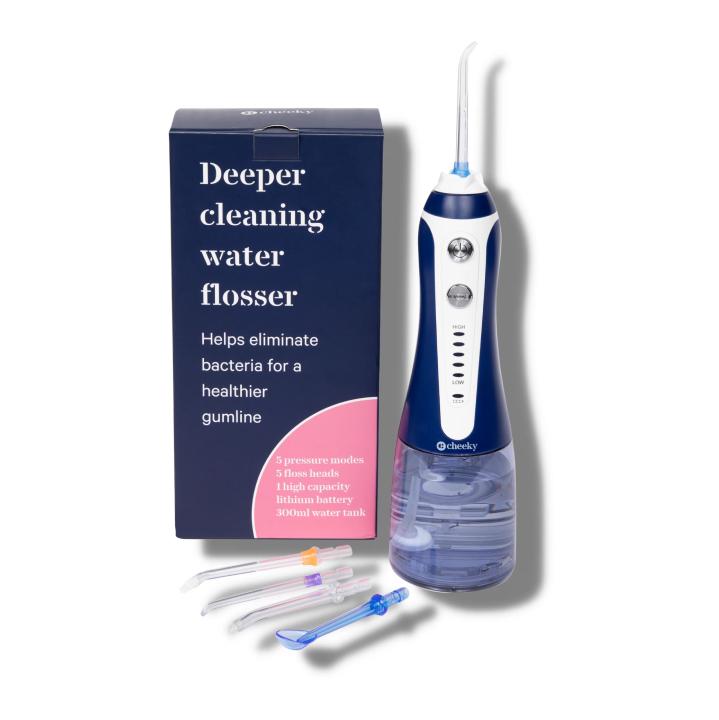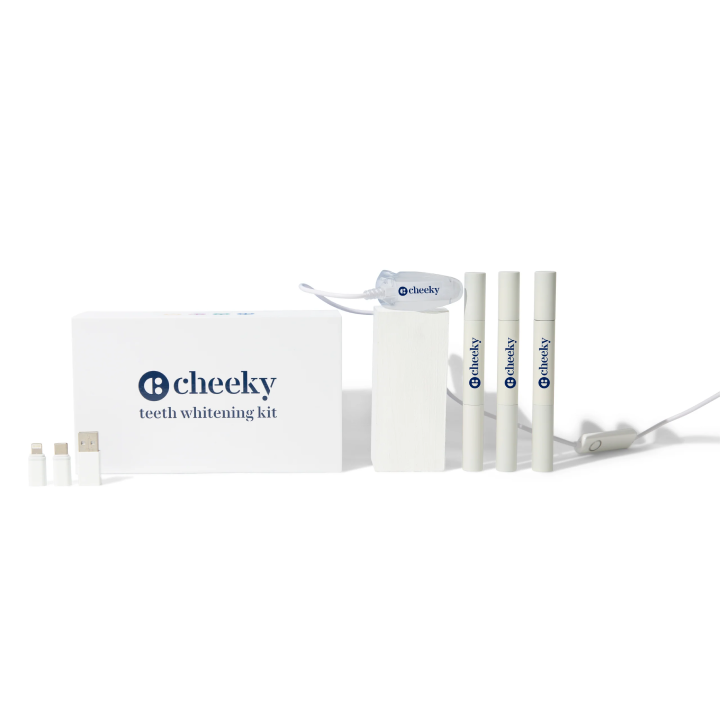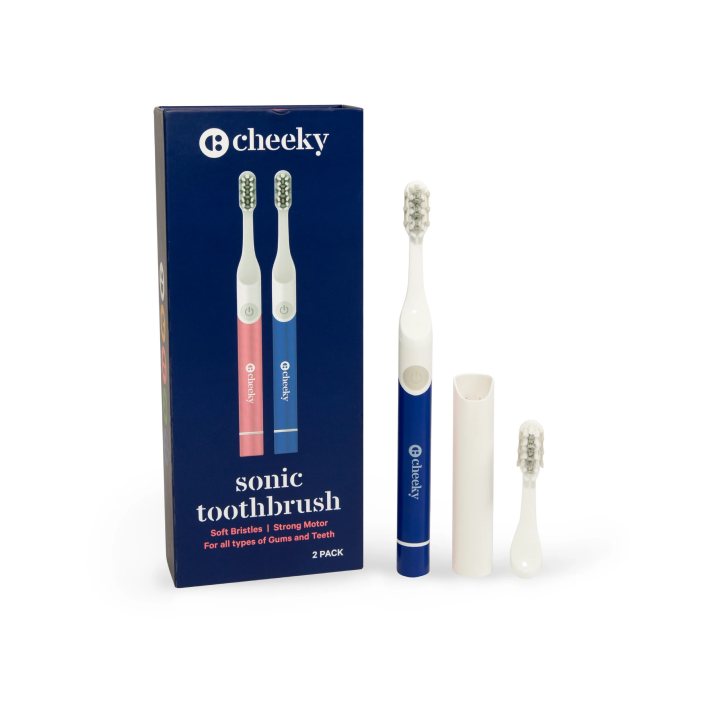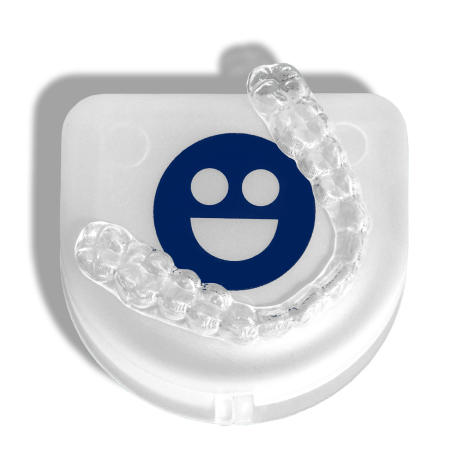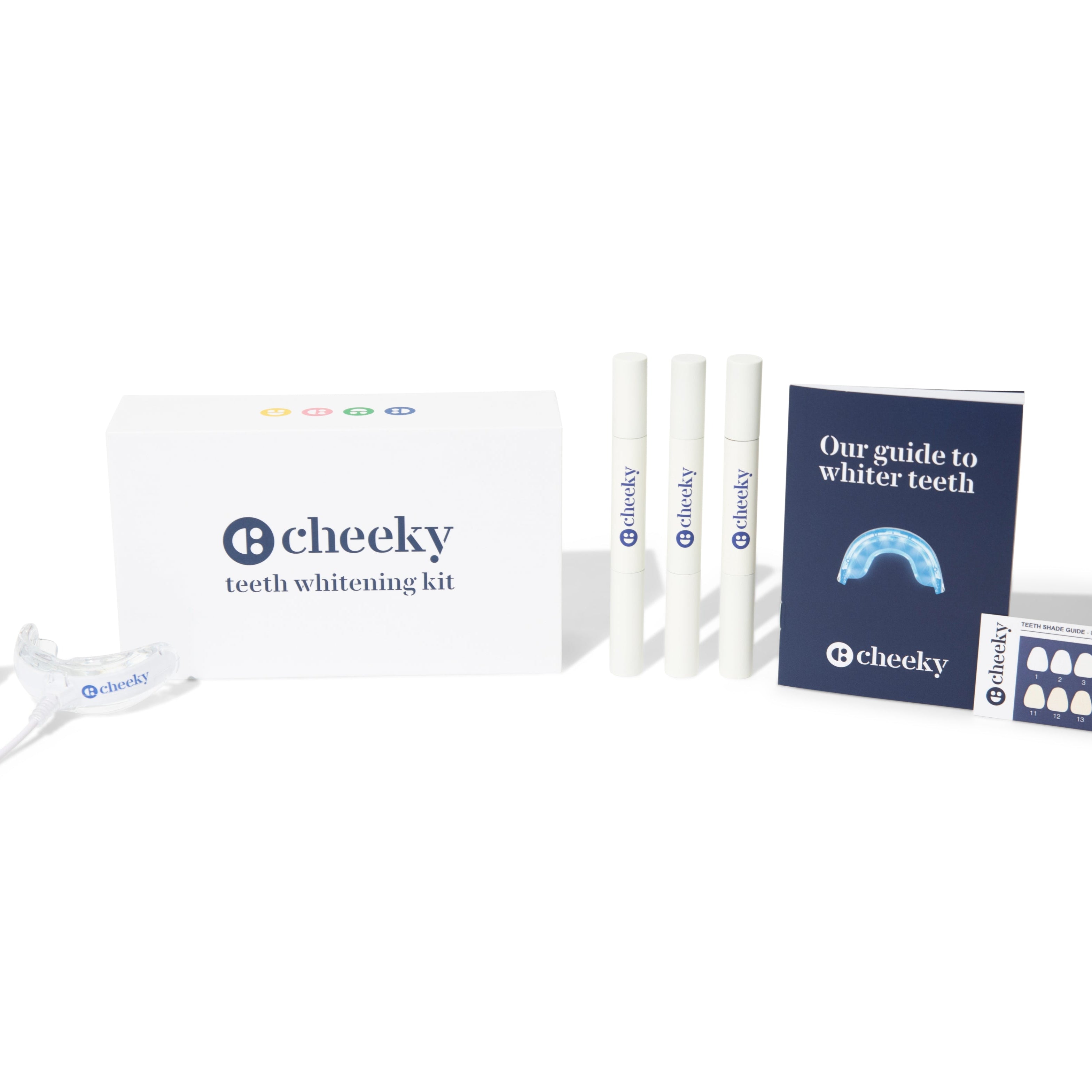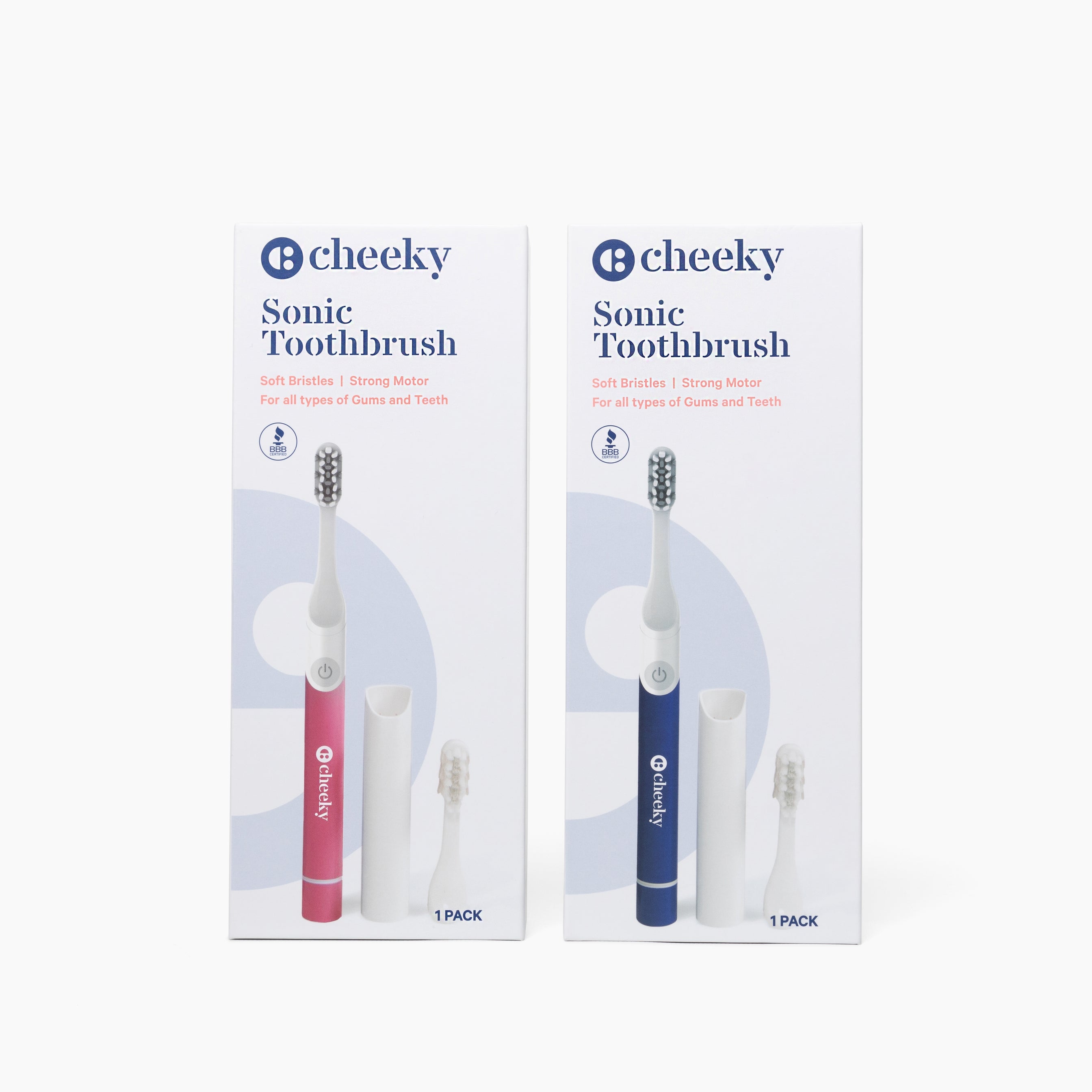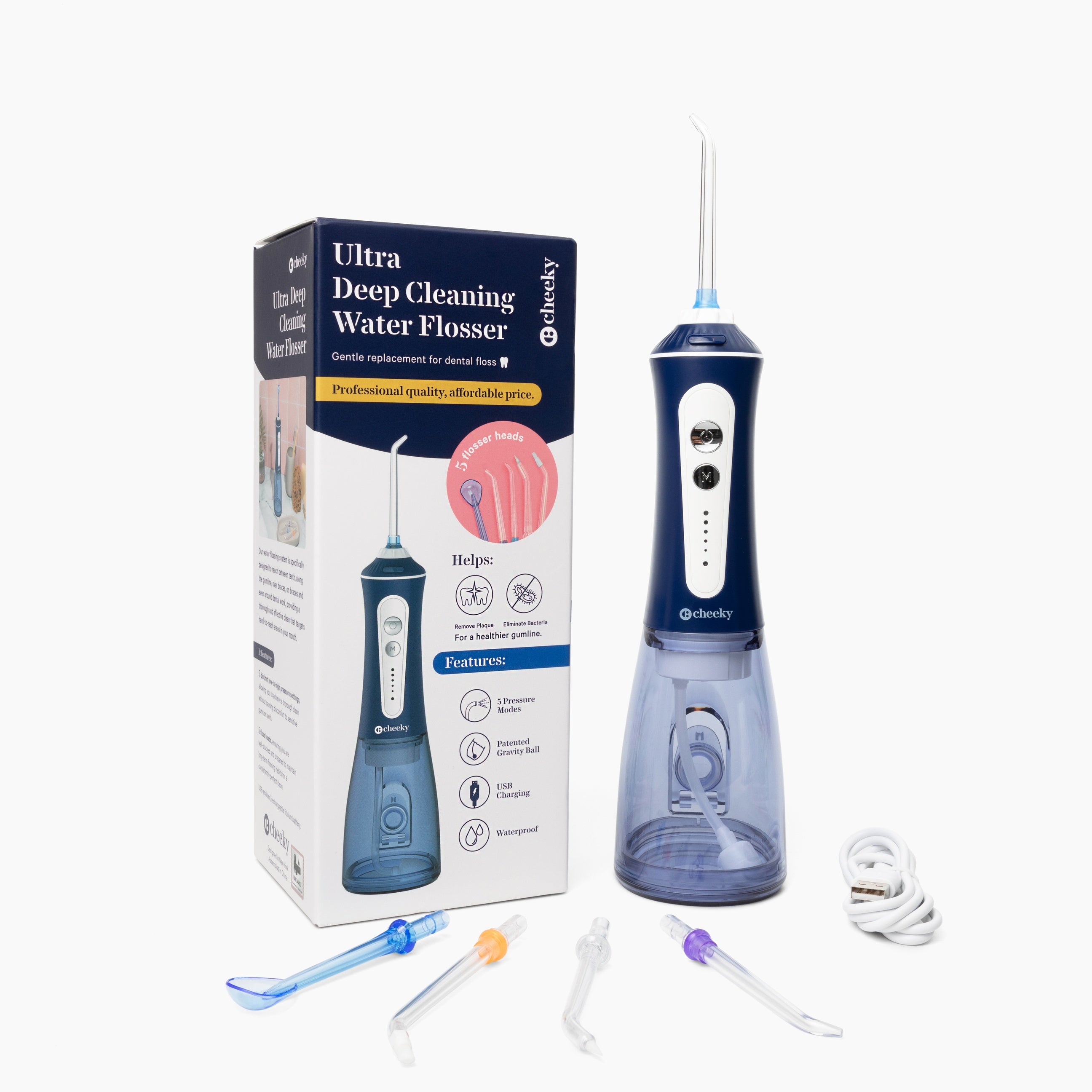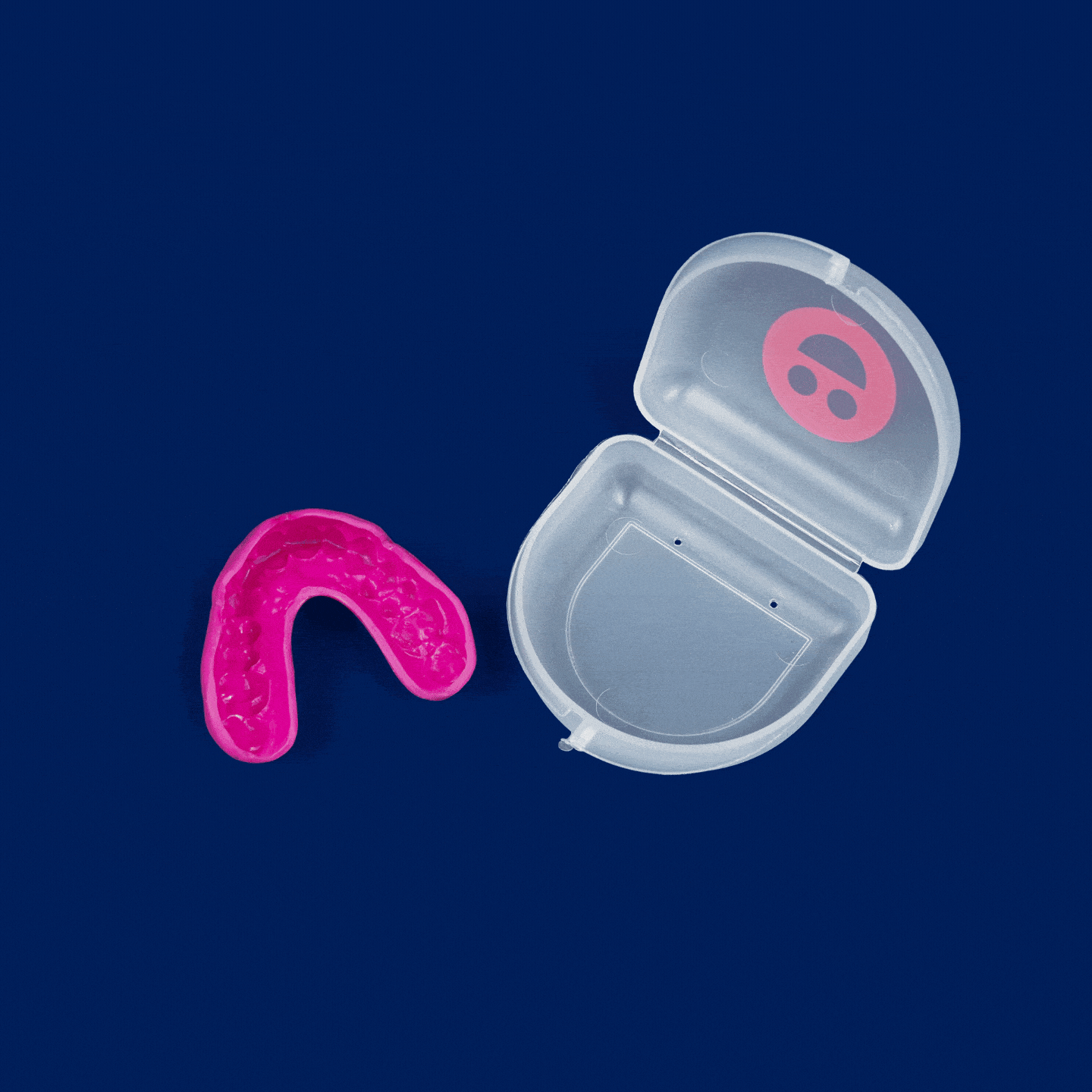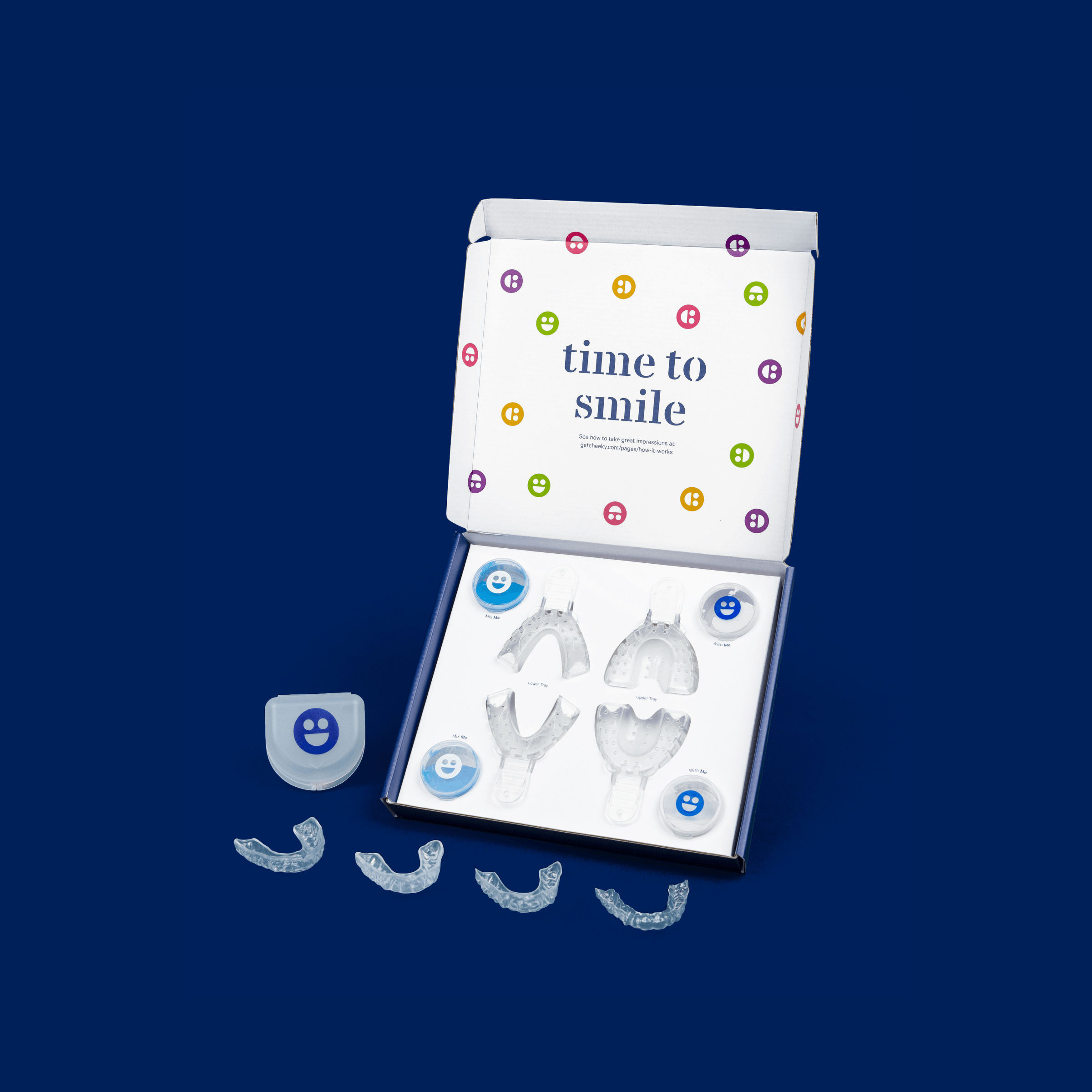Healthy teeth help you chew and enjoy food, make you feel more confident when you talk to people and smile, and promote good overall wellbeing.
The key to keeping your teeth healthy is good oral hygiene, and more and more dentists and oral healthcare specialists are now recommending a water flosser as part of that daily routine.
You probably know that you're supposed to brush and floss daily, but you may not have heard of water flossing. A water flosser is a special device that uses water to flush debris out of your teeth and gums. They're safe for people of all ages, great for people who have difficulty with traditional flossing, and can give your teeth that deep clean feeling that will make you confident with your smile.
What Is a Water Flosser?
A water flosser is a handheld device you use at home to clean your teeth. The device consists of a nozzle connected to a water reservoir, and when you turn it on, the nozzle shoots a concentrated jet of water. You aim the jet at your teeth and gums to remove food particles, bacteria, and plaque from under the gum line and from between the teeth.
There are several different types, including shower and faucet flossers that attach to the shower head or faucet, small cordless models, and countertop models that have a separate reservoir for water. Most of them have multiple settings that let you choose the pressure of the water coming out of the nozzle.
Top Reasons to Use a Water Flosser
A water flosser is a great addition to your daily oral health routine. A toothbrush does an excellent job at removing food, bacteria, and plaque from the surface of the teeth, but it can't reach everywhere. That’s where floss comes in. It can reach between the teeth and other places a toothbrush can’t.
But regular floss has its own limitations, and a water flosser can get under the gum line, into the periodontal pockets, and into other places where toothbrushes and regular floss don’t reach.
You should use water flossing in conjunction with regular brushing and flossing, but if you're already one of the 68 percent of Americans who doesn’t floss daily, then adding water flossing is an improvement.
Furthermore, a lot of people never learned how to floss properly, and the wrong technique can actually damage gum tissue. Water flossers have adjustable pressure settings and can be gentler, and you don’t have to be as careful about using the right technique.
And here's another great reason to water floss: it can help to massage your gums and stimulate circulation, and this can reduce inflammation and bleeding when you use the water flosser regularly.
Oral Hygiene and Your Mouth’s Health
Good oral hygiene is important for many reasons. For one thing, it can prevent bad breath and make you feel more comfortable with your smile. But from a medical standpoint, daily brushing, flossing, and water flossing will prevent:
- Cavities
- Tooth decay
- Tooth loss
- Gum disease
According to the Centers for Disease Control and Prevention, more than 47 percent of Americans over the age of 30 have a form of gum disease, such as periodontitis or gingivitis. When gum disease goes untreated, it can cause inflammation, infections, bone loss, and tooth loss.
Poor oral hygiene causes gum disease because of plaque, bacteria, and tartar. Plaque is a sticky bacterial film that’s always forming on the teeth. The bacteria feed on sugar in your mouth, producing acid that can cause cavities and gum disease.
When you don’t brush and floss regularly, the plaque hardens into tartar, which is also a big contributor to gum disease. Only a dental professional can safely remove tartar.
Water Flossers Are Ideal for People Who Have Difficulty Flossing
Everyone could benefit from daily water flossing, but it’s an especially great solution for people who face challenges that make traditional flossing difficult. That includes people who have:
- Braces or other orthodontic appliances and need extra help flushing out food particles from around wires, elastics, brackets, and the like
- Sensitive gums or gums that are prone to bleeding
- Bridges, implants, or crowns that need a more delicate touch during cleaning
- Tight teeth that make flossing difficult, or if you're always getting food stuck in your teeth
- Dry mouth because saliva helps to prevent plaque buildup
- Arthritis or mobility issues and have difficulty with traditional floss
- Not yet learned the proper flossing technique
How Often Should You Use a Water Flosser?
Good oral hygiene is all about keeping up the daily routine, and that means brushing, flossing, and water flossing every day.
Dentists and oral healthcare professionals recommend brushing at least twice a day, flossing once daily, and water flossing once a day.
A lot of people like flossing at night so they don’t have food particles stuck in their teeth overnight. The important thing is you do it every day, so doing it when it’s convenient will help to ensure a regular routine. The same is true with water flossing. Whatever time fits with your schedule is the best time to do it, as long as you do it daily.
One thing to remember is that you'll want to floss or water floss before brushing so that the toothbrush and toothpaste have the best chance of cleaning your teeth thoroughly.
In Conclusion
Used in conjunction with daily brushing and regular flossing, water flossing helps to provide a more complete cleaning for your teeth and gums. It can also improve oral hygiene and prevent gum disease and cavities. Further, it will help to get rid of bad breath as well, and it can make you feel more comfortable with your mouth, your teeth, and your smile.
Book an appointment with your dentist today to talk about whether you should incorporate water flossing into your daily oral hygiene routine.
